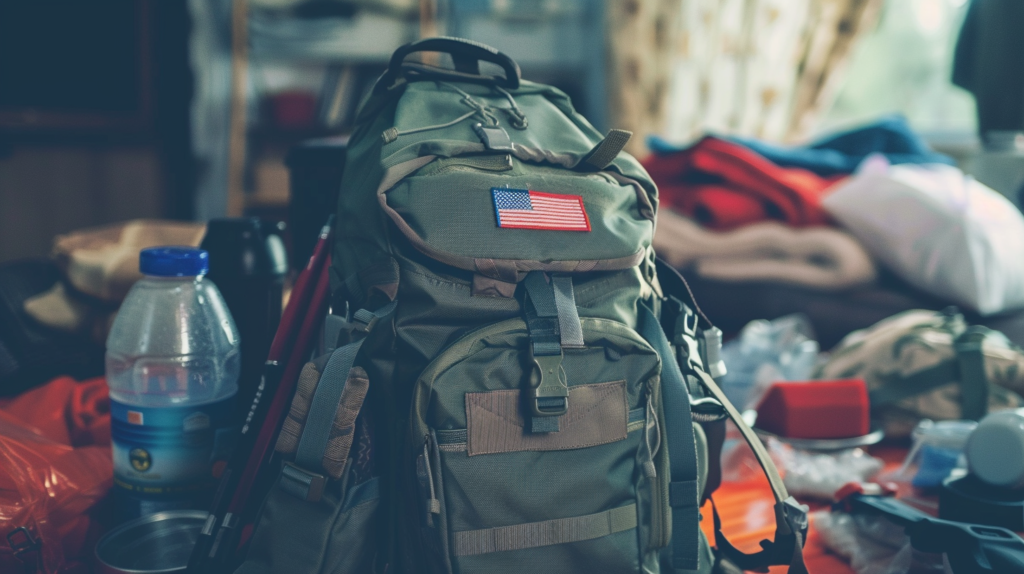
As natural disasters become increasingly common, staying safe and maintaining your health during and after these events is crucial.
The National Oceanic and Atmospheric Administration (NOAA) predicts an above-average hurricane season for the seventh consecutive year, emphasizing the need for preparedness. Beyond the immediate physical dangers, natural disasters pose significant long-term health risks, particularly cardiovascular issues.
Here’s an easy guide to help you stay safe and healthy during and after emergencies.
The Hidden Health Risks of Natural Disasters
Research indicates that the aftermath of natural disasters can lead to severe health problems. For example, survivors of Hurricane Maria in Puerto Rico experienced increased rates of high blood pressure, obesity, and pre-diabetes, along with higher incidences of heart disease and stroke two years after the storm compared to before it. Similarly, after the Great East Japan Earthquake in 2012, many evacuees saw a significant rise in blood pressure levels and the incidence of high blood pressure.
Dr. Gustavo E. Flores, a member of the American Heart Association’s Emergency Cardiovascular Care committee, highlights that extreme stress and trauma during and after storms can elevate cardiovascular disease risks. This impact is more profound for heart disease and stroke patients, as accessing healthcare and medications becomes challenging amid property destruction and evacuations.
Essential Tips for Emergency Preparedness
- Document Health Information: Write down all medical conditions, allergies, and medications, including doses and schedules. Include your pharmacy’s contact details. Keep this information with your emergency kit for quick access during evacuations.
- Protect Medications: Store medications and health information in a resealable plastic bag to keep them dry. If medications are lost or damaged, research open pharmacies and seek refills promptly. Some states permit pharmacists to make medically necessary exceptions during emergencies.
- Prepare for Specific Needs: If you have diabetes and use insulin, refer to the American Heart Association’s Patient Preparedness Plan, which offers a checklist of supplies and guidelines to manage your condition during an emergency.
- Learn Life-Saving Skills: Knowing how to perform hands-only cardiopulmonary resuscitation (CPR) and use an automated external defibrillator (AED) can be crucial. These skills can double or triple a person’s chance of survival during a medical emergency.
The Importance of Stress Management
The stress and trauma associated with natural disasters can have long-lasting effects on mental and physical health. Managing stress through supportive networks and professional help is vital. The American Heart Association provides numerous resources to assist with stress management and maintaining heart health during challenging times.
Conclusion
Preparation is key to staying safe and healthy during and after natural disasters. By documenting health information, protecting medications, preparing for specific medical needs, and learning life-saving skills, you can mitigate the health risks associated with these events. For more detailed information and resources, visit the American Heart Association’s website.
Staying informed and prepared can make a significant difference in your health and safety during natural disasters. For additional resources, check the NOAA and the American Heart Association websites for updates and guidelines.
By incorporating these tips and staying vigilant, you can better protect yourself and your loved ones during and after emergencies, ensuring that your health and well-being remain a priority.

